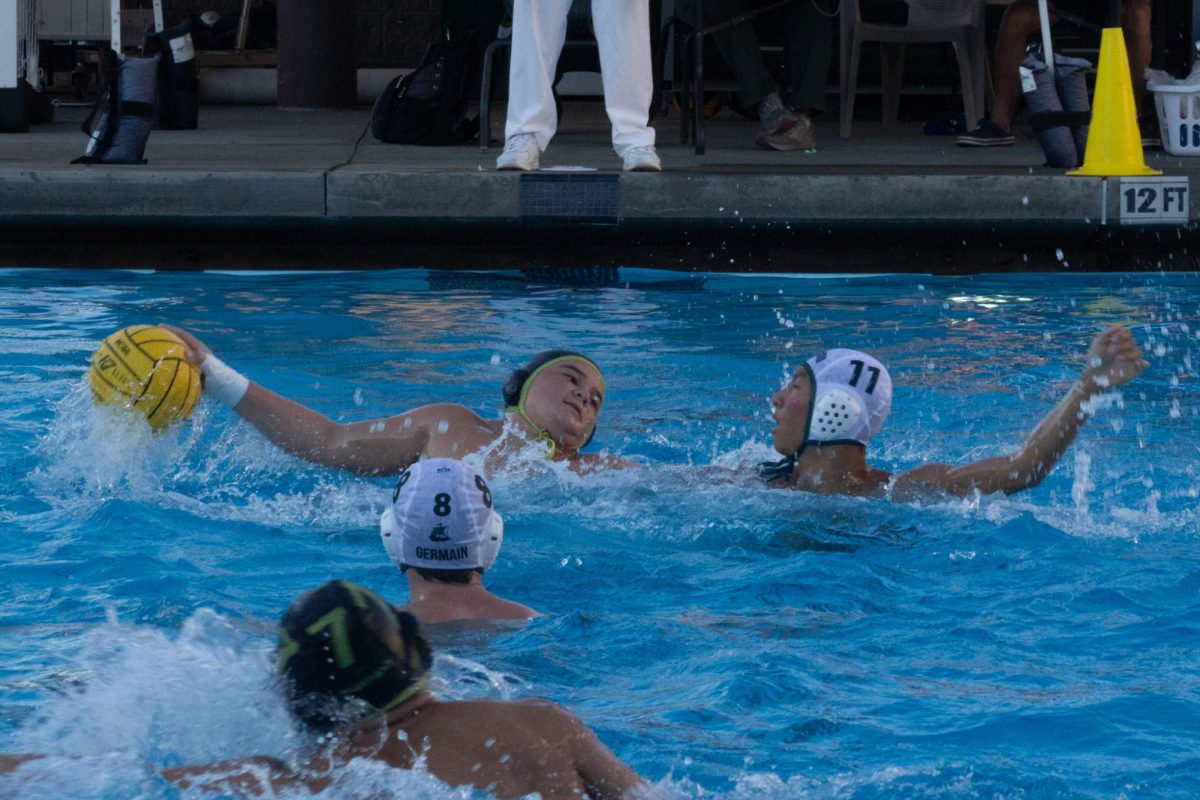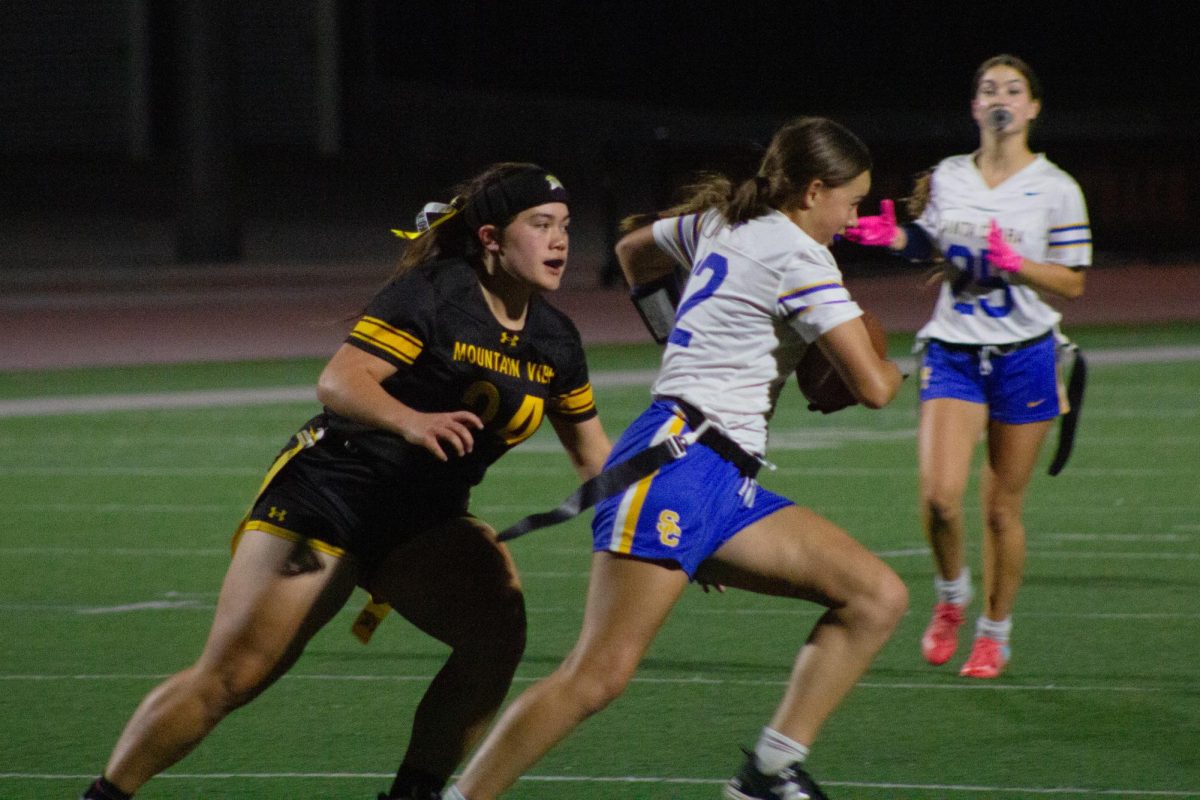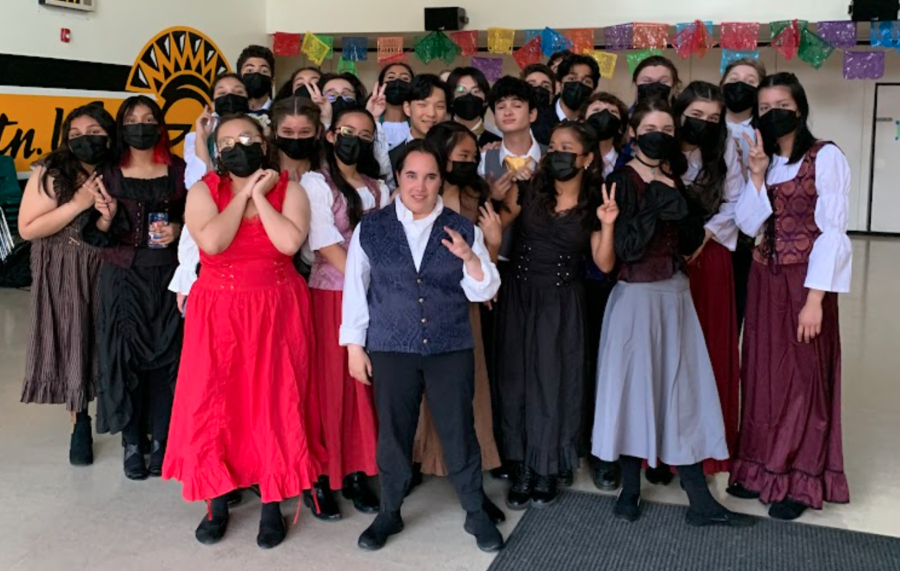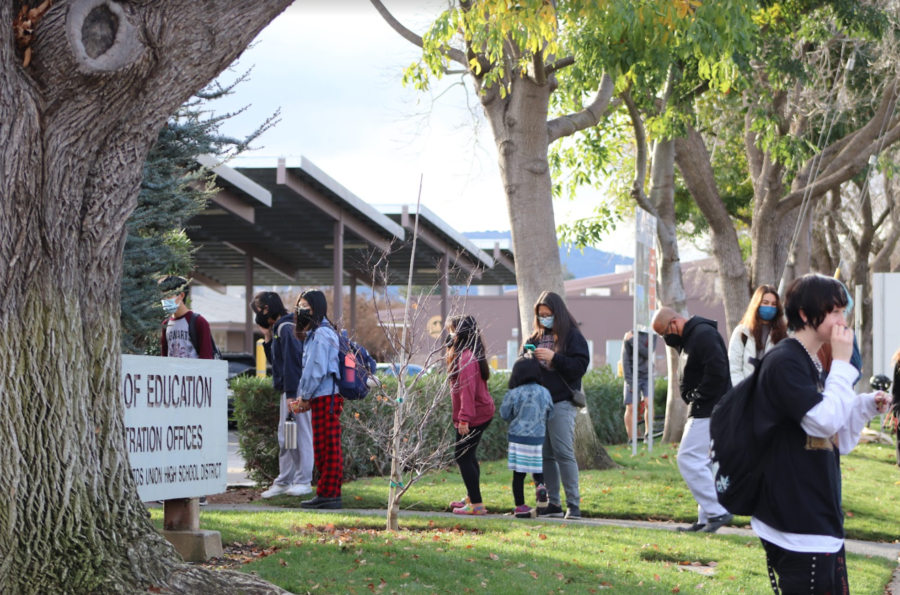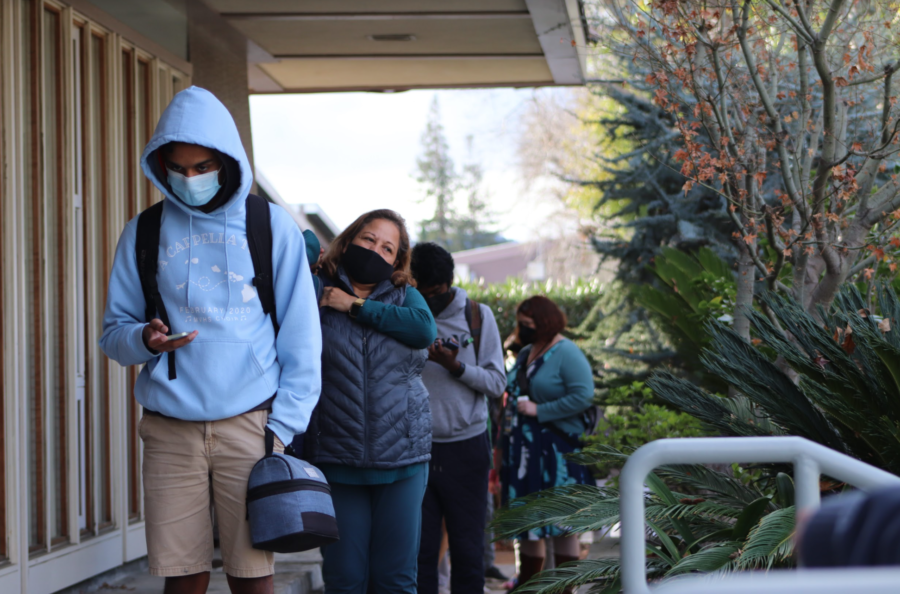A place to sleep, where to cook their food, to use a shower or even a restroom are just a few of the concerns housing-insecure students have been forced to think about since the lockdown due to COVID-19. On top of these critical struggles, students were still expected to complete their schoolwork.
“I can’t imagine the anxiety of every night not knowing if you’ll be able to be parked where you’re at, if you’ll have food, will I ever be able to get a job again, how long will this last, what will the future be like. For a lot of us that have our basic needs met, we don’t worry about that as much as these students do,” said Foster Youth Coordinator and MKinney Vento Liaison Alba Garza.
According to Garza, her biggest concern for housing-insecure students at the moment is “overall access to meeting their basic needs.”
The closure of public parks has presented an install for many families as that is usually where they can access sanitary facilities such as bathrooms and showers. This also impairs their ability to access power stations to charge electronics, and supplies such as barbecues to be able to cook their food.

“The basic ability to go to the park and use facilities or barbeque pits to cook is out of the questions now for most parks,” Garza said. “Families are really limited.”
Food is an especially big concern. For students who qualify for free and reduced lunches, meals are available for pickup three times a day at Mestral Elementary school. The district has also been providing $100 gift cards to Trader Joe’s as well as meal vouchers to families in need, however this solution is only temporary.
According to Vice Principal Teri Faught, the attendance at the elementary school has been quite high.
“When we provide gift cards, it brings the biggest smile to their face because we are basically telling them you are an individual… you have the choice over what you want to eat,” Garza said. “When you have no control over anything else, at least decide what you want to eat.”
Michelle Buccholz is a nurse practitioner in a family practice for low-income students and faculty members at UCSF, she also specializes in homeless healthcare. Buccholz said it is also difficult for families to eat healthy and be conscious about their consumption when they have to balance other external factors associated with not having stable housing.
When you have no control over anything else, at least decide what you want to eat.
For a longer term solution, continuing into summer, families can apply for Pandemic Electronic Benefit Transfer Cards provided by the state for food.
Aside from fulfilling their basic shelter, health, and sanitation needs, housing-insecure students have to continue attending online school, a task that can be difficult without the resources in-person school offers.
The district and school have been providing various materials to support students in the technological arena. This support includes partnering with Hopes Corner to give free, solar-powered power stations for charging technology from Honda as well as school-provided WiFi hotspots and chromebooks.
However, even with their technological needs met, it is a challenge to continue completing school work well and on time.

“Even though the school is providing physical supplies to be productive and do academic work, the internet still goes on and off, and using the hotspot is not the best,” Garza said.
Garza said she commends the school’s teachers and curriculum planners on their online education initiatives.
“Our teachers have been extremely supportive with providing online zoom classes, tutoring, the resources are but it can be difficult to access all of these,” Garza said. “It is important that teachers to keep in mind they have a lot of barriers they have to cross and they need to understand that there are going to be times where we do have to be flexible and maybe provide extensions.”
Going forward, Garza said she thinks it would be beneficial to have off-site centers with WiFi connection where students can practice social distancing but still have access to “an adult as an immediate support that can answer any questions.”
Garza also expressed concerns for students’ ability to stay focused on school work in their housing-insecure environment, where privacy is uncommon.
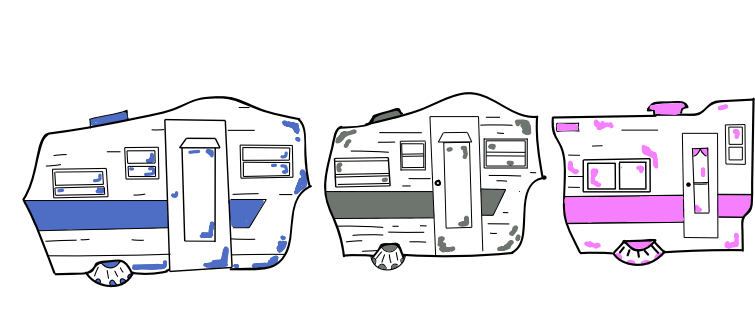
“Being in a whole room full of people is going to affect their concentration and their ability to submit work at the same pace as other students,” Garza said. “There will be a gap and we’ll have to find a way to bridge it.”
“Distance learning requires a certain amount of structure and follow through on the students’ part,” Faught said.
Also a concern is the spread of COVID-19 within these communities. According to Garza, the space many MKinney Vento students live in is very limited, and they are often sharing housing with up to 12 people.
There will be a [socioeconomic] gap and we’ll have to find a way to bridge it
“They are living in such small spaces,” Gazra said. “If one family member gets sick, they all do.”
Buchholz said she has been doing outreach with families with the same struggle.
“It is really hard to socially distance in the spaces these families are forced to live in,” Buccholz said.
Despite all of these obstacles, Garza said she believes students in these situations bounce back better than anyone she knows.
“McKinney Vento [and other housing-insecure] students, regardless of what they go through, are some of the most resilient students I’ve ever met in my life,” Garza said. “They can break through all of these barriers and still somehow manage to wake up every morning and face each day and continue to get an education.”






